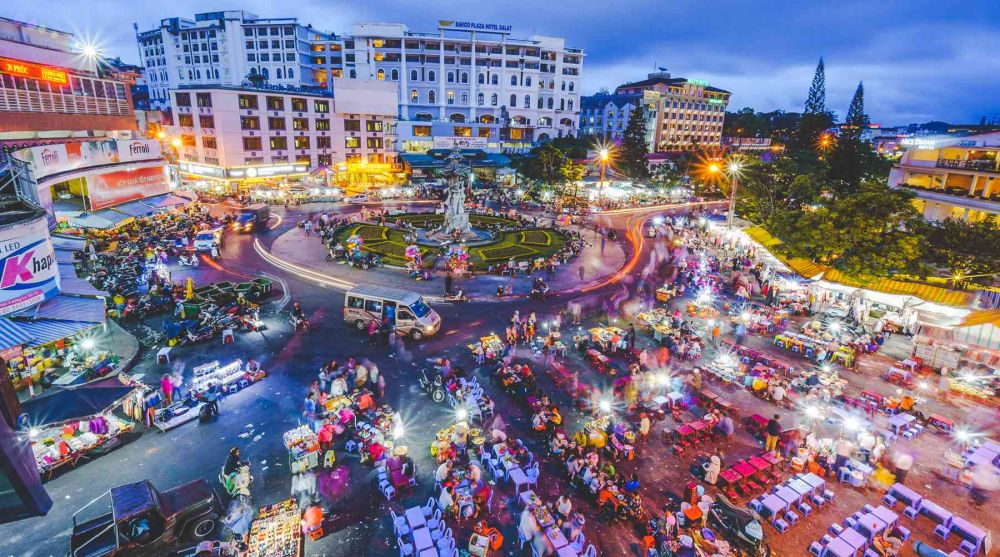

The city of Dalat, situated in the central highlands of Vietnam, has long been a retreat for those seeking respite from the tropical climate of the surrounding regions. Known as the "City of Eternal Spring," Dalat has a unique history intertwined with the growth of tourism in Vietnam. The inception of Dalat as a tourist destination dates back to the French colonial era when French colonists started to develop the area as a cool-climate getaway in the early 20th century.
Originally founded in 1907 by the French colonial administration, Dalat quickly grew into a holiday spot for Europeans and wealthy Vietnamese. Its colonial architecture, serene lakes, and lush pine forests accentuated its European vibe and charm, which was a stark contrast to the rest of Vietnam. Because of its beauty and temperate climate, it was often referred to as "Le Petit Paris" or the "Alps of Indochina."
Over the years, as Vietnam underwent various political and social changes, so did Dalat's appeal to tourists. After Vietnam's reunification in 1975, Dalat saw a decline in foreign visitors but remained a popular domestic vacation spot. It wasn't until the country opened up its economy in the 1980s that Dalat regained its status as a premier tourist destination for both Vietnamese and international travelers.
The tourism industry in Dalat started to diversify, with increasing numbers of hotels, resorts, and entertainment venues sprouting up to cater to the growing influx of tourists. The local government also began investing in infrastructure and tourism projects to enhance the area's appeal. Despite modern developments, Dalat has managed to retain much of its old-world charm, with its colonial villas and public buildings remaining a significant draw for history enthusiasts.
Dalat Night Market, also known as Dalat Market or Cho Dem Dalat, is among the city's most bustling and vibrant tourist attractions. Established as a traditional market, its transformation into a bustling night market is a relatively recent phenomenon catering to the contemporary needs of tourists craving local experiences.
As night falls, Dalat Night Market sparks to life with myriad stalls offering an array of goods, from apparel to handicrafts. Generally, vendors start to set up their stalls in the late afternoon, and by nightfall, the market thrives, full of local specialties and delicacies. It's a place where visitors can immerse themselves in local cuisine, culture, and the mountainous lifestyle of the highland city.
Modern trends in Dalat's tourism scene reflect a growing desire for authentic and local experiences. Tourists are not just looking for relaxation but also opportunities to engage with local culture and activities. This has seen an upsurge in community-based tourism, farm visits, and adventure sports like canyoning and mountain biking in the region.
Another recent trend has been the development of eco-tourism. Given Dalat's unique ecological system, efforts have been increased to promote sustainable travel and to preserve the city's natural beauty.
In summary, Dalat Night Market is not just a place for shopping; it is a cultural experience that reflects the evolution of Dalat from a colonial retreat to a modern-day tourist hotspot. The beauty of its past and the vibrancy of its present-day tourism industry continue to endear Dalat to travelers from across the world.